One of the highlights of the Superbooth 2019 was, in my opinion, the Gamechanger Audio Motor Synth, an analog, electro-mechanical Synthesizer that uses a system of electromotors as its main sound source. Especially the 8 rotating engines on top of the interface catch everyone. This unique engine is supported by analog filters, envelopes, sequencer and more. Another cool feature is a built-in looper with which you can record internal sounds.
That it sounds like a normal Synthesizer was not expected. Same as the Gamechanger Audio Plasma Pedal, Motor Synth has a very own sound character which stands out but also polarises. For me personally, it was exciting to see how different the opinions of the SB19 visitors was. From: “highlight of the show, a crazy instrument with a unique sound character” to “nobody needs this synth” or “it sounds like a broken Synthesizer“. In my opinion, the sound character is very strange but unique, great for industrial or noise music.
Good news for all who are interested: Motor Synth is available now for pre-order on Indiegogo.
It represents a new method of analog audio signal generation since digitally controlled electromotors have never been used as the principal sound source for a commercial musical instrument — indeed, nothing like it has ever been built before!
Overview
Motor Synth produces sounds by accelerating and decelerating eight electromotors to precise rpm (revolutions per minute) that correspond with specific musical notes. The instrument’s eight-electromotor configuration makes it a four-note true polyphonic synth with two voices per key played. Digging deeper, the Motor Synth has two ways of producing its core sound.
Firstly, magnetic pickups are placed on each of its eight electromotors; the spinning coils result in a very industrial-sounding, over-the-top analog tone. Think eight harmonious revving engines pumping out an intimidating noise!
Secondly, specially designed reflective optical disks have been attached to the shafts of each electromotor. Each disk contains a graphical representation of three standard audio wave-shapes. As the electromotors spin, the disks are set into a circular motion, and each wave-shape is read by a dedicated set of infrared sensors, then converted into an audio signal.
Thus, the wave-shapes on the reflective optical disks become precise musical notes, corresponding to the speed of the electromotors.
Analog Filter, Envelopes & More
Motor Synth features familiar analog envelopes and filters alongside arpeggiation, cross modulation, LFO, sequencing, and multiple polyphonic mode facilities, as well as an innovative looping system that allows layering rhythm and melodies, just like when using a loop station. Motor Synth can be played out of the box via eight built-in control keys and four floating tuning/frequency knobs. Performers and composers can connect any MIDI controller, like a keyboard or DAW.
Motor Synth is also capable of tracking a monophonic audio signal, such as guitar or bass, via its 1/4-inch mono input. Motor Synth can be configured to act as a harmonizer for electric guitars or other melodic instruments, recognizing the pitch of a musical tone and instantly generating a complimentary tone by operating an electromotor at a matching frequency. Furthermore, users can create intervals and chords based on the frequency of the incoming signal with no need for a MIDI controller or inputting preprogrammed musical information.
Whatever way anyone chooses to play Motor Synth, a stunning visual experience is guaranteed. Motor Synth’s see-through protective glass cover above its core sound system of eight electromotors enables users to receive visual feedback from the instrument itself by being able to see those spinning electromotors in action. But better still, the visual experience is enhanced by the visible set of reflective optical disks attached to the electromotors’ shafts being coupled to a set of eight mini strobe lights, so those spinning disks themselves turn into a hypnotic light show, courtesy of the strobe effect!
As an instrument that uses electromotors as its main sound source, Motor Synth inherently possesses many unique sound traits that will surely appeal to many musicians that favor analog electronic instruments and synthesizers in particular. Put it this way: with its unusual tonal and timbral qualities, unlimited microtonal pitch adjustment and modulation abilities, and note attack and decay properties influenced by the acceleration and deceleration curves of electromotors, Motor Synth work well across a wide range of musical styles.
Gamechanger Audio Motor Synth is available in an exclusive Indiegogo campaign at prices from $749 to $949 USD. The Motor Synth will then be available for online and in-store purchase at $1299 USD in December 2019.
More information here: Gamechanger Audio

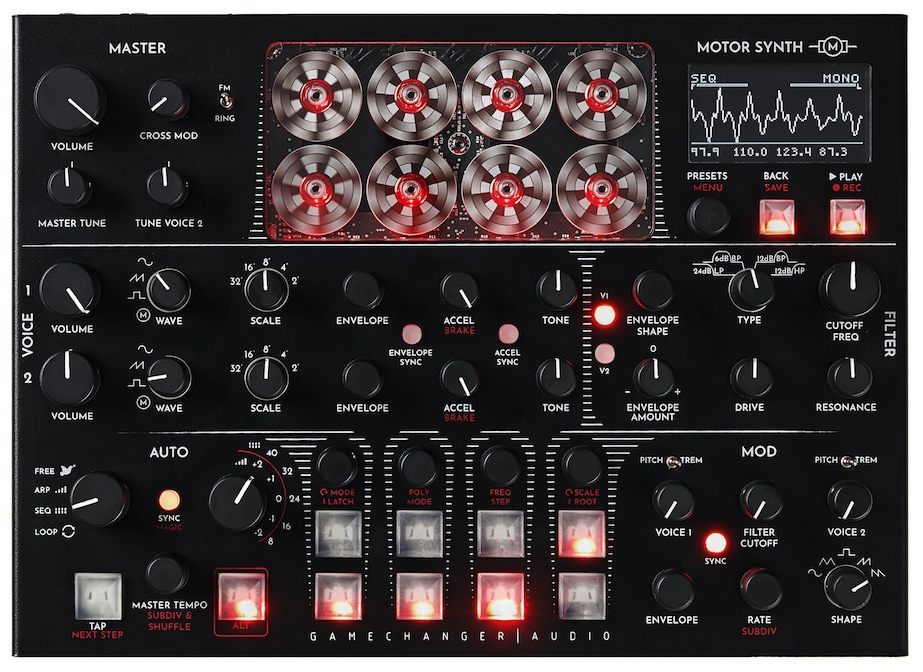
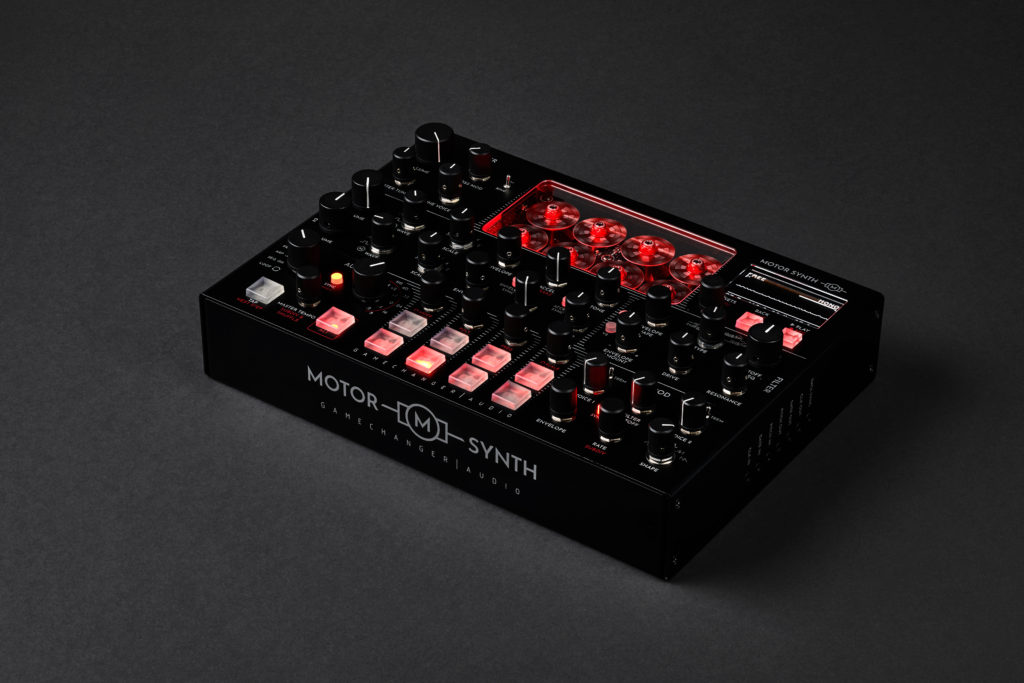
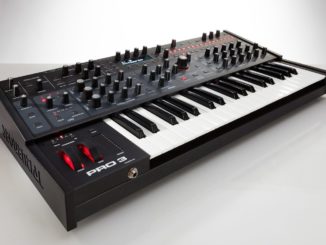
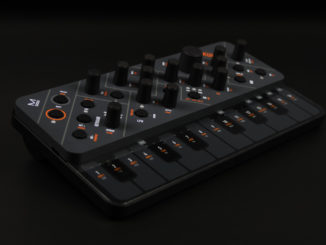
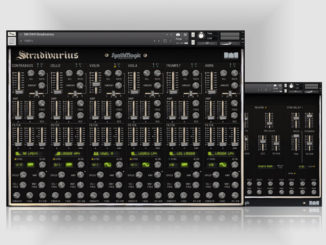
Be the first to comment